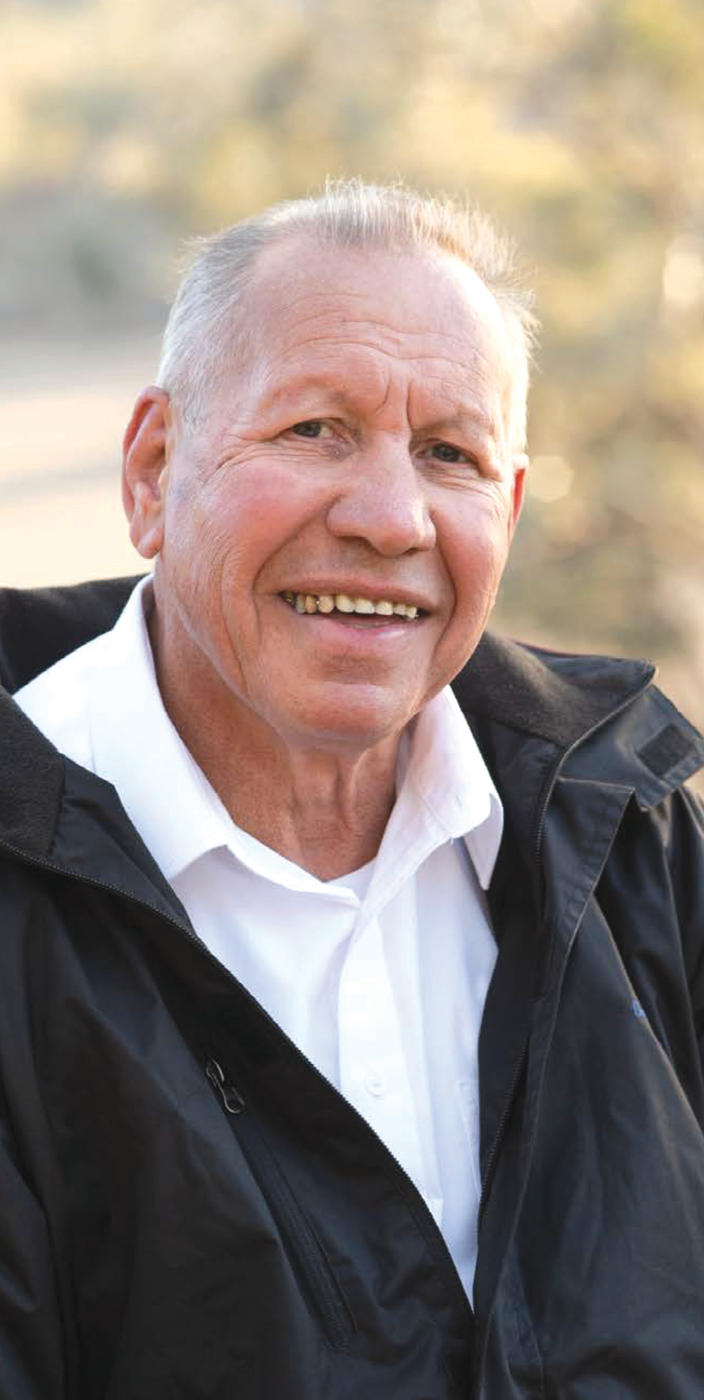Policy influence
During his 12 years in this role, Smith influenced policy and training procedures in the NSW Police Force. He said education and Cultural Awareness Training for police are vital to avert problems between the service and the Aboriginal and Torres Strait Islander community.
After 31 years in the police, Smith took early retirement on medical grounds and in 1984 began work with a NSW government community engagement program on Sydney’s northern beaches.
Smith said Aboriginal people were scattered throughout the beaches area and travelling long distances to access services such as health. “Many were catching trains to go to Redfern Medical Centre and missing out on good services closer to home,” he said.
It was Smith’s job to engage with Aboriginal people and connect them to these services. He said many members of the stolen generation live on the northern beaches because they were placed with well-to-do foster families.
“I met many Aboriginal people, raised by foster families, keen to reconnect with their Aboriginal heritage and culture,” he said.
After five years the pull of home tugged at Smith again, and he took a similar Aboriginal community engagement and liaison role with Centacare back in Wellington.
It was during this time that the idea for Dreamtime Tuka was seeded.
“As part of my community engagement work, I would put on events with food, and we often got some bush tucker on the menu,” he said.
“I noticed how much everyone enjoyed that, Indigenous and non Indigenous.”
Just like his gran’s
Recalling early memories of his grandparents, and the sense of community around food, Smith got ideas for products like those his grandmother used to make: slices, biscuits, puddings and cakes.
He recalled his grandfather saying, “Good tucker and a full belly makes you sleep and have good dreams.”
When considering a name for his business, his grandfather’s words rang out and Dreamtime Tuka was born.
“I knew I wanted to grow and develop my business to supply my products across the national arena, and my research showed me that many big companies had Aboriginal procurement policies. The government was pushing policies to kickstart Aboriginal businesses and create employment and training for Aboriginal people.”
Smith needed a partner to manufacture products on a commercial scale and was able to go into a contractual supply partnership with a baking company in Dubbo.
His first product was bottled spring water, which was easy to sell to build up the company’s finances. His big breakthrough came with the lemon myrtle and coconut slice he sold to Qantas in 2016.
The slice is now offered in the morning and afternoon tea services on all flights throughout Australia. Smith would love to see his products made available on international flights.
NSW Rail has recently added his sausage rolls, pasties and pies to its service list, as well as two slices.
Smith is now dipping his toes into the export market, having recently visited China as part of an Orana regional business and trade development program.
Pathway to employment
On 26 November 2019 he launched the Dreamtime Tuka Pathway to Employment Program with NSW Small Business Minister Damien Tudehope.
“The long-term vision is to leverage the strong relationship and business partnership that my company, Dreamtime Tuka, has with major corporate companies, government organisations, businesses and community groups, to engage them in the program to make a major impact Australia-wide to create training opportunities and provide placements into ‘real jobs’ for Aboriginal people,” Smith said. “This will in turn affect the wellbeing of families and stimulate economic growth.
“The Dreamtime Tuka Pathway to Employment Program can be a strong partner to these organisations and help them to realise goals as part of policies to Close the Gap and as part of Reconciliation Plans.
“I am very pleased that our partner, Earlyrise Baking Company, has led the way with the placement of our very first hires and a local Wellington company, R & D Glass Services, has followed up with the offer of two apprenticeships and four labourers positions thanks to the program.”
Smith said talking about his products all over Australia and overseas is about more than just selling food. It opens a door to questions, interest and education about Aboriginal culture, heritage and perspectives.
“People have a lot of interest in the Indigenous culture behind our products,” Smith said. “On the China trip they were keen to hear more about that. We get emails from far and wide from people who have had our slice on a Qantas flight. They tell us they’ve never tasted an Indigenous product before, and they really enjoyed it.”
Sharing the stories passed down from grandparents about food and culture with future generations motivates Smith.
“Bush food is vital to passing on cultural knowledge and increasing the appreciation of centuries of history by the average consumer,” Smith said.
He hopes his grandchildren will follow in his footsteps and continue the business as a family concern.









































































































































